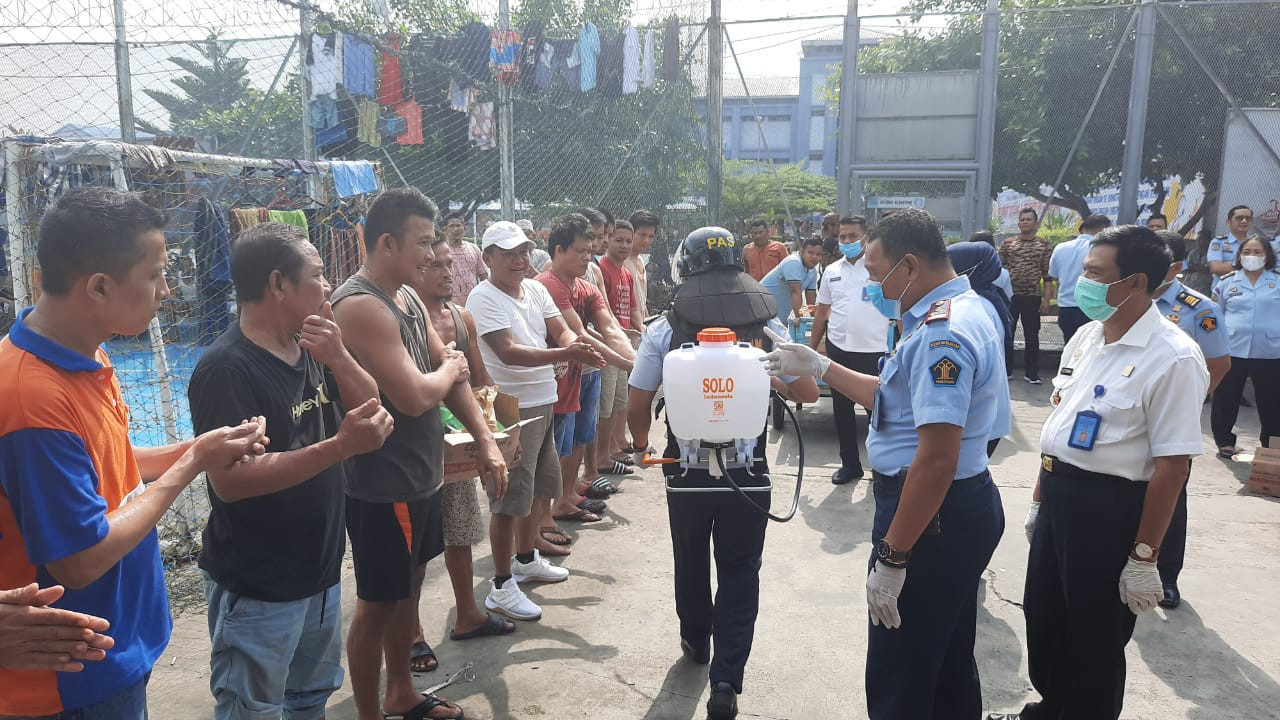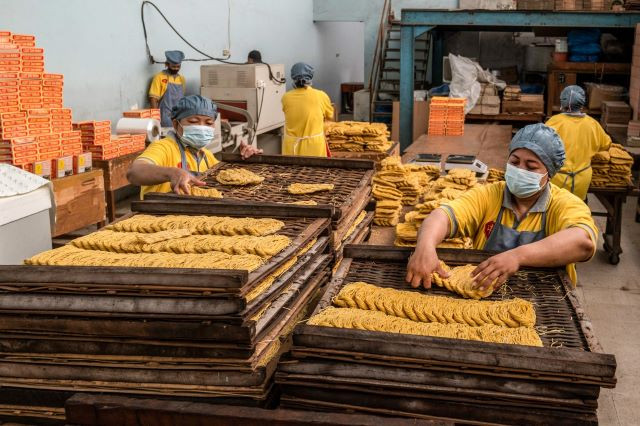Popular Reads
Top Results
Can't find what you're looking for?
View all search resultsPopular Reads
Top Results
Can't find what you're looking for?
View all search resultsAGO seeks rehabilitation, not jail for drug users
Change text size
Gift Premium Articles
to Anyone

A
ttorney General ST Burhanuddin issued new guidelines early this month that encourage prosecutors to prioritize rehabilitation, instead of imprisonment, for people arrested for drug offenses, in his bid to reduce overcrowding in prisons, where drug convicts account more than half of the nationwide inmate population.
The new guidelines regulate procedures to handle such cases, allowing heads of prosecutor's offices to "issue rehabilitation orders through a legal process" for drug users, victims of drug abuse and drug addicts. They should be "an end-user" and not involved in drug-trafficking networks to be eligible for rehabilitation.
The document says that “drug abuse victims” are those who involuntarily use drugs after being tricked, forced or threatened and that drug users eligible to be sent to rehabilitation centers, instead of jails, are those who had not previously been in rehabilitation programs more than twice.
But the guidelines, which took effect on Nov. 1, do not detail the type of "legal process" or whether or not the cases should continue to be brought to court.
According to a statement from the Attorney General’s Office (AGO), the guidelines were issued to help change the punitive attitude of prosecutors, the judiciary and law enforcement officers toward a restorative justice approach that centers on drug-treatment programs rather than punishment.
"The background for the issuance of the guidelines is that the current criminal justice system tends to be punitive, which is reflected in the number of inmates in prisons that exceed their capacity," AGO spokesperson Leonard Eben Ezer Simanjuntak said on Sunday, as reported by Kompas.id.
"And most of them are drug convicts."
Read also: Calls mount for prison reform after fire
Maidina Rahmawati of the Institute for Criminal Justice Reform (ICJR) welcomed the guidelines, hoping they could reduce the rate of imprisonment of drug users and prison overcrowding.
She told The Jakarta Post on Tuesday that the AGO guidelines were part of efforts to mainstream restorative justice for drug crimes, considering that last year the Supreme Court issued a similar internal regulation for judges regarding rehabilitation for drug users.
In 2014, seven state bodies -- the AGO, the Supreme Court, the National Police, the National Narcotics Agency, the Health Ministry, the Social Affairs Ministry and the Law and Human Rights Ministry -- also signed a joint decree on rehabilitation for drug addicts and victims of drug abuse.
The prevailing 2009 Narcotics Law actually permits judges to sentence drug users and victims of drug abuse to rehabilitation rather than imprisonment, but judges often refrain from imposing the alternative sentencing scheme. Meanwhile, police and prosecutors often mistakenly classify drug addicts as drug dealers or traffickers, according to activists.
According to data compiled by the ICJR, as of February last year, more than 140,000 inmates were in prison for drug-related crimes, which accounted for 52 percent of the total prison population in the country over the same period.
Law and Human Rights Ministry data, meanwhile, shows that, as of Wednesday, the prisons and detention centers across the country held 271,009 inmates, double the maximum capacity of 135,288 inmates.
Read also: Activists, experts caution against slapdash reform to tackle prison overcrowding
Maidina however warned that not all drug users were addicts who needed to go to rehab, saying that rehabilitation should not be the only option to resolve drug cases.
She suggested that the Narcotics Law should be revised to introduce other means like conditional punishment with a probationary period without imprisonment and rehabilitation.
"The most urgent need is to revise the Narcotics Law and also change the understanding that every drug user must take a drug-rehabilitation program at a rehabilitation center,” she said.
Indonesian Institute for Independent Judiciary (LeIP) executive director Liza Farihah warned that such internal regulations that prioritized rehabilitation for drug users -- either those of the AGO or the Supreme Court -- would not have an impact if prosecutors and judges kept sending them to jail.
"If they do not use it, it will be the same as going back to the mindset of imprisonment," Liza said on Wednesday.









